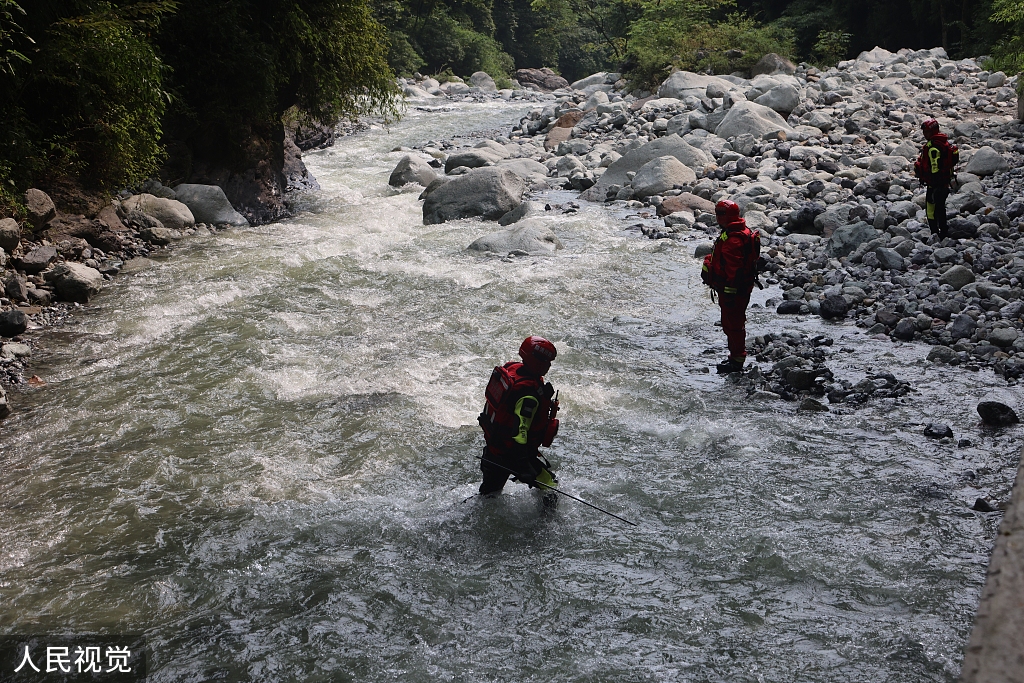Don't let hot spots become cold-blooded killers


Seven people died and eight others were injured in a flash flood in Pengzhou, in China's southwest Sichuan province, on Saturday. Despite some safety concerns, Longcao valley — a beautiful and cool mountainous area interspersed with clear brooks, falls, shoals and pools, and a floodway — became a much sought-after holiday destination after umpteen recommendations on social media platforms such as Douyin, Little Red Book and Dianping.com.
So should apps and websites be held accountable if users recommend risky areas? On social networking sites, many are asking if these platforms should shoulder part of the responsibility for promoting dangerous and underdeveloped scenic spots. They say that these platforms allow users to recommend unauthorized tourist places, irrespective of the dangers involved, simply to gain more online traffic. Approval by the apps and sites has resulted in tourists swarming to what were, otherwise, obscure destinations.
However, there are others who blame the tourists, saying they ignored warning signs alerting against an approaching calamity, as also the warnings issued by the local administration persuading them to leave before the flood struck.
In the eyes of the law, it would be difficult, if not impossible, to pursue the liability of social networking sites since the recommendations on these platforms didn't directly lead to the deaths.
But the case does call for platforms improving scrutiny and approval of content they publish online. They should at least alert users against potential risks if they are unable to run a check themselves. After all, those leading social media platforms do have a corporate social responsibility.
The tourists themselves should also take responsibility for their safety and err on the side of caution. Before setting off on a holiday, they better equip themselves with basic knowledge about the place they are going to and avoid impetuously choosing a destination just because it seems popular online. If they are not able to run a check themselves, they should turn to professional tour providers or experienced tourists.
Besides, people should also desist from recommending or sharing information about underdeveloped tourist places online, as different people have different levels of survival skills.
Hopefully, with more mature tourism products and market and enhanced tourism experiences, accidents related to tours can be reduced.
Don't let hot spots become cold-blooded killers anymore.
The author is a writer with China Daily.

































